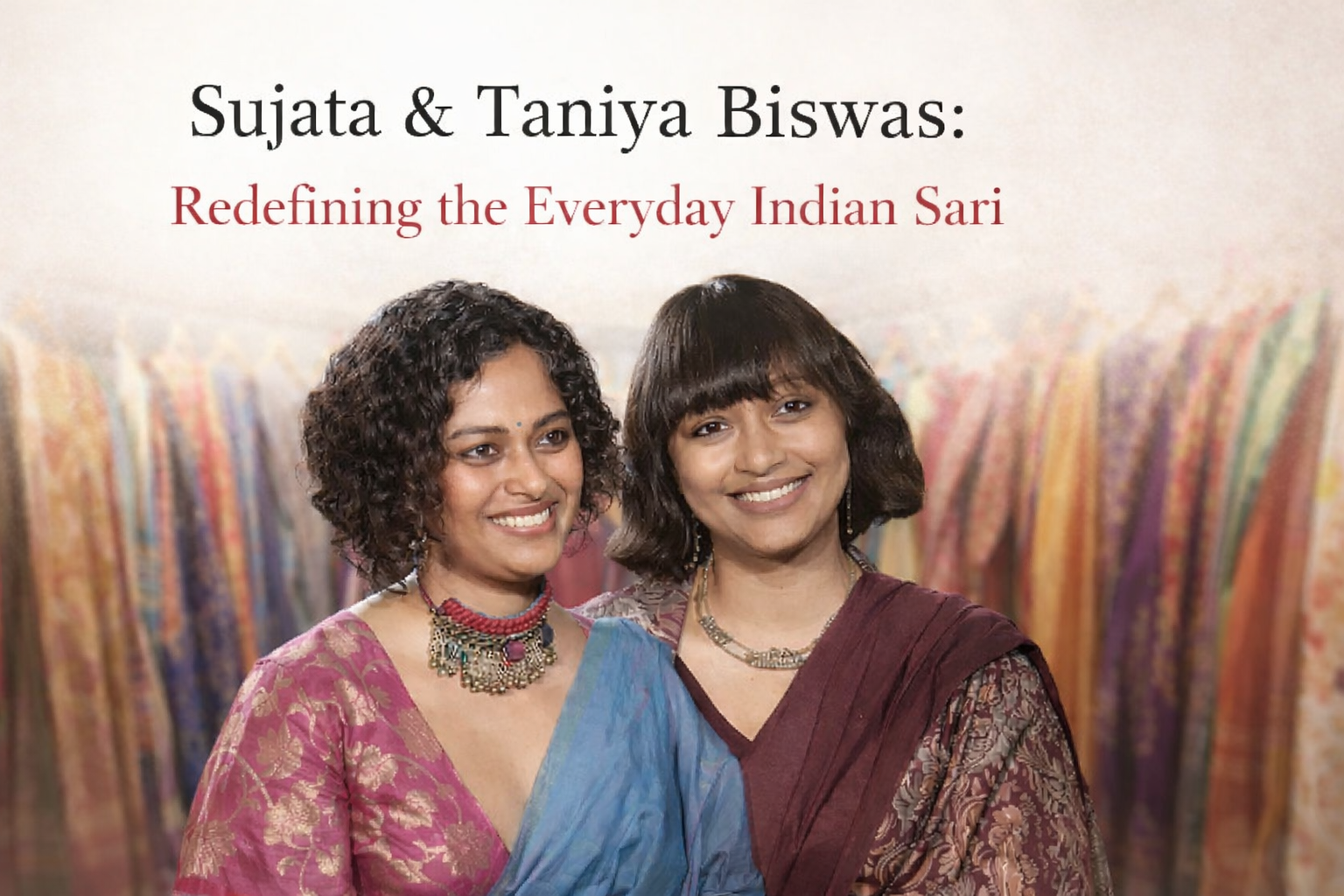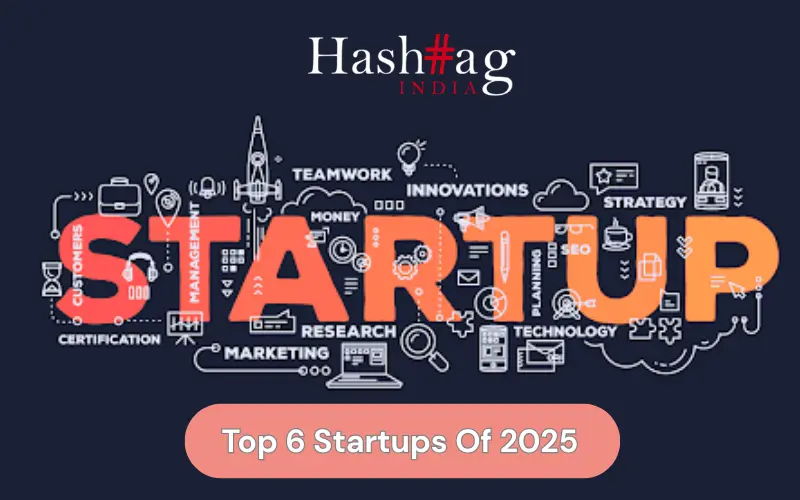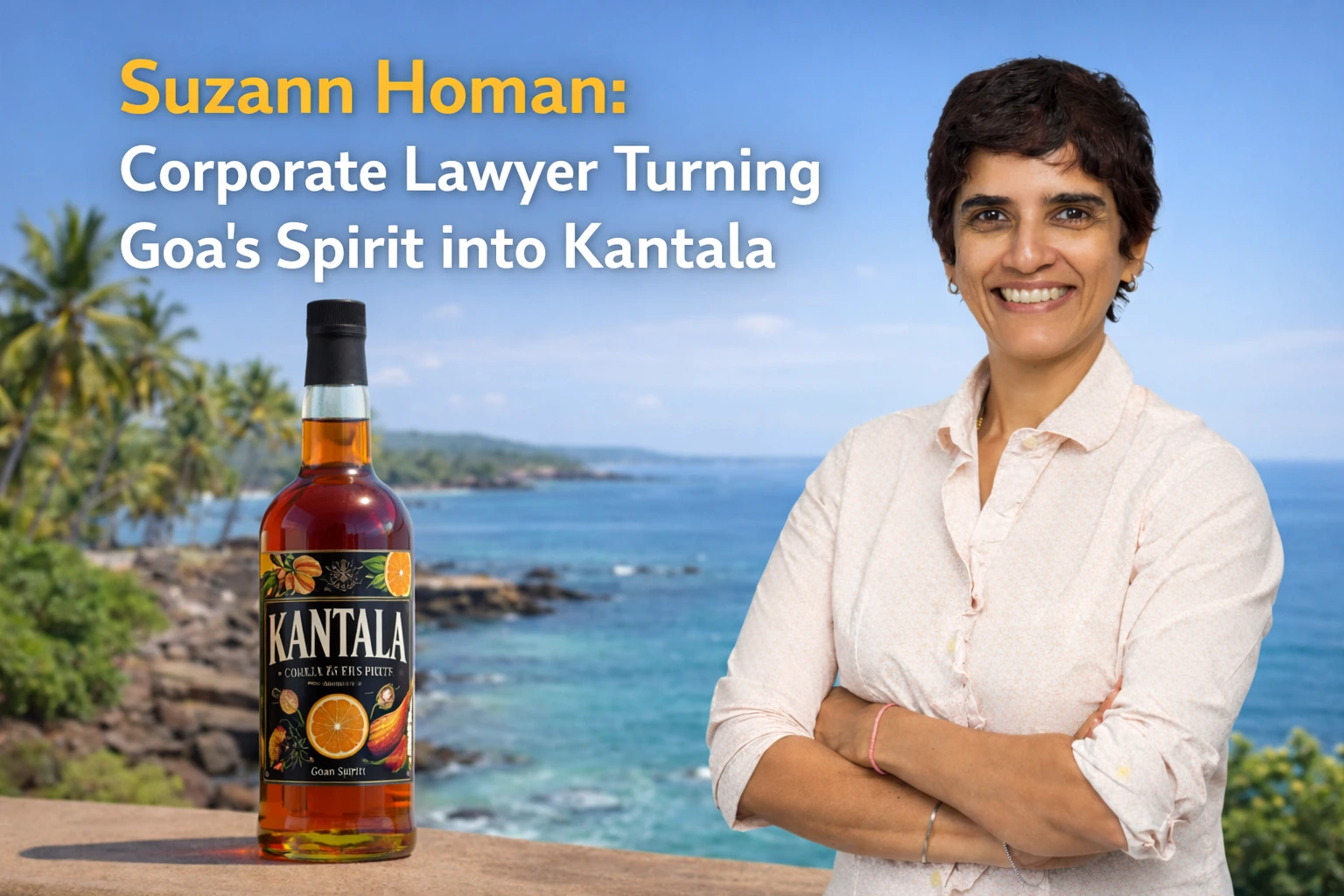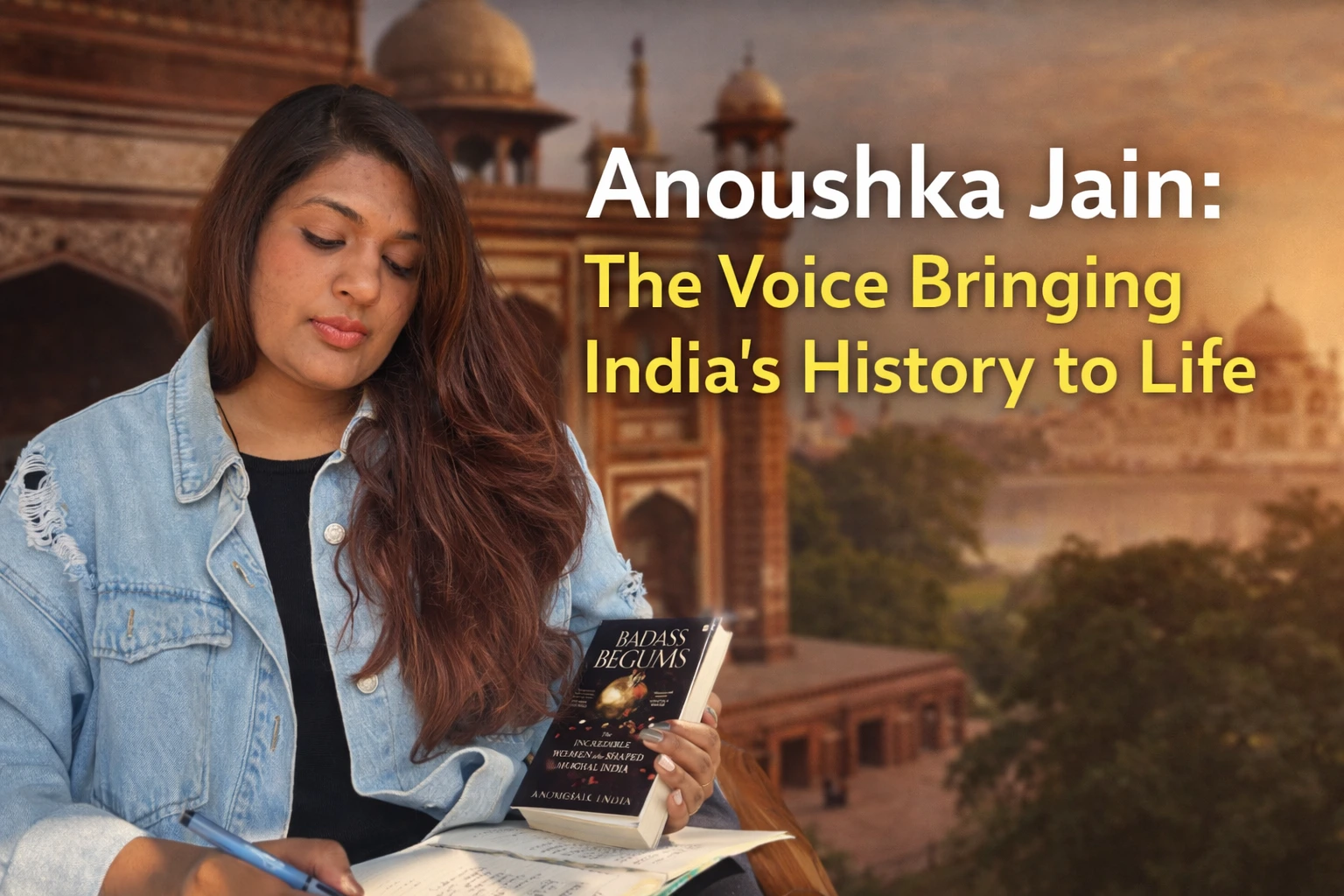Kasturi Banerjee has risen to prominence as a result of her enthusiasm to encourage better drinking and creating the perfect blend from local soil. She is a graduate from the University of South Wales with a master’s degree in Management and Development of International Financial Systems. She was born in Calcutta but spent the majority of her life in Mumbai. She worked for 16 years in the financial services sectors of India and Singapore. Bidisha Barik discusses with Kasturi Banerjee about her passion for working in India’s Alcohol Beverage business.
Everybody has a story to tell, but when women take the lead and talk about their accomplishments and wisdom, it’s a whole other ballgame! These female-led businesses demonstrate the individuality and power that women wield in the workplace. From the Founder of The Chocolate Spoon Co. Rachel Goenka to the co-founders of the M5 entertainment talent agency, to the various women-led inventive enterprises that provide the creative space for our environment, we have extensive coverage of them all for you.
For decades, women have led the way, and every accomplishment has a tale to be inspired by. We hear from women from various walks of life on the journey they undertook while starting their own business or enterprise.
- Kasturi Banerjee
- 42, Mumbai
- Founder & Director of Stilldistilling Spirits
Power take: After travelling the world, Kasturi came up with the idea of a native, local flavour of rum created in India using Indian soil.
Kasturi Banerjee has risen to prominence as a result of her enthusiasm to encourage better drinking and creating the perfect blend from local soil. She is a graduate from the University of South Wales with a master’s degree in Management and Development of International Financial Systems. She was born in Calcutta but spent the majority of her life in Mumbai. She worked for 16 years in the financial services sectors of India and Singapore.
Kasturi’s decision to attend a bartending internship in 2019 was motivated by her curiosity, which has now led to a profession. “I’ve always wanted to work in India’s alcoholic beverage business,” she says. Her desire to learn how to experiment with cocktail ideas contributed to her current level of accomplishment. Kasturi had the unique idea of producing alcohol with a local flavour. Her desire to work in the beverage business has carried her all over the world, and has her finally focusing on the creation of premium grade rum, which has prompted her to experiment with blends and conduct research into many areas of growing trends and customer preferences.
Kasturi began her business adventure after completing many certifications and training over the course of two years and carving out a niche for herself. In 2020, she founded Stilldistilling Spirits with the goal of elevating drinking experiences. The unique venture adheres to a local, homegrown, and environmentally responsible approach, which encapsulates the created rum. Their White Rum is a combination of 2.5 years old oak barrel-aged cane-spirit, coupled with the molasses spirit, while the Gold Rum is a blend of 2.5 years old oak barrel-aged cane-spirit, combined with the molasses spirit. “The clear, vivid, medium-bodied white rum is full with tropical qualities,” Kasturi remarks, noting the importance of homegrown flavours. ‘An aged rum with a touch of dried fruits, honey, and cinnamon, enhanced with vanilla’ is the USP of the gold variety. “Our philosophy is ‘Drink Well,’” she continues.
While her time as a bartender provided her with many opportunities to experiment, it also provided her with an in-depth understanding of industry trends. As her interest in the Indian alcoholic beverage sector grew, she held tasting sessions for family and friends, which inspired her to learn more about blending.
Kasturi has earned a name for itself in the industry by expanding its market from 200 cases to four locations with over 4000 cases around the country.
Her desire to make a difference in the world has led her to work with the Morjim Sea Turtle Trust to protect Olive Ridley Turtles. She is also involved in campaigns to promote a ‘straw-less ocean,’ which aims to discourage the use of plastic straws and encourage the use of alternative sustainable materials.
Quick Take:
One piece of advice for budding women entrepreneurs?
Hard work, focus, resilience, and networking. Nothing beats this.
What is your one regret in life?
No regrets as this is the best time for craft spirits in India.
Stilldistilling Spirits’ vision in one line?
We feel that everything needs to be local, home-grown, and eco-friendly
































